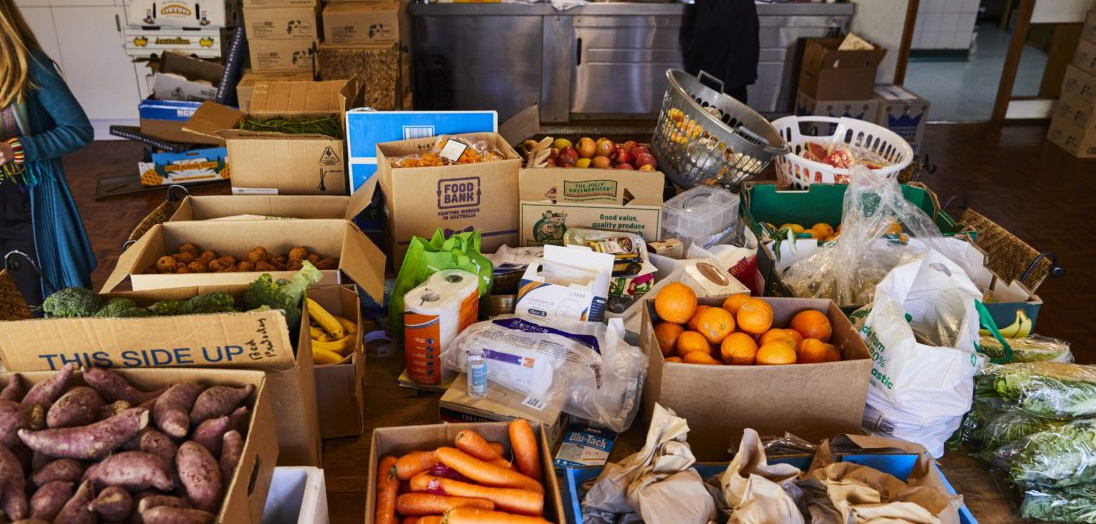The Bookends Project
JRS Australia is proudly part of the Bookends Project. There are two ends of the bookends of injustice, the treatment of our First Nations peoples and the treatment of refugees.
The Bookends Project is an initiative of the Australian Jesuit Province which expresses our commitment to justice for Australia’s First Nations and for the country’s most recent arrivals, refugees and people seeking asylum.
The Bookends Project has been included in the priorities for mission that were set by the Australian Province in early 2019. These priorities support the Universal Apostolic Preferences (UAPs) of the Society of Jesus 2019-29. The second priority established by the Australian Province is to Heal humanity and our world which links to the Universal Apostolic Preference: To walk with the poor, the outcasts of the world, those whose dignity has been violated, in a mission of reconciliation and justice. The Bookends Project has been identified as a platform to make a commitment to ongoing reconciliation with the First Nations people and accompanying and advocating for refugees and people seeking asylum.
The Bookends Project invites all Jesuit ministries, parishes and schools in the Australian Province to become involved in the Bookends Project by acknowledging the narrative of Australia formed out of rejection. According to Fr. Brian McCoy, SJ, the narrative can only change if we turn the bookends of rejection into bookends of hospitality and welcome.
The Province has shown its commitment to support The Bookends Project through the employment of two Project Officers, Anne Nesbitt (People Seeking Asylum) and Hannah Welch (First Nations) who provide communication and resources about activities and events related to The Bookends Project throughout the Province. In early 2020 two First Nations students and two people seeking asylum, all who are connected to the Jesuit community, shared their perspectives on film. It is our hope that by listening, we can reflect and build on our relationship to, and understanding of, the diverse and shared experiences of people we want to get to know, come to understand, and get to work with in the spirit of reconciliation.

